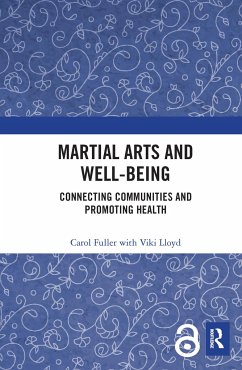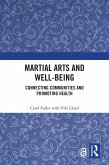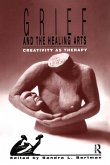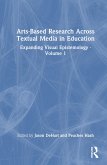Martial Arts and Well-Being explores how martial arts as a source of learning can contribute in important ways to health and well-being, as well as provide other broader social benefits. Using psychological and sociological theory related to behaviour, ritual, perception and reality construction, the book seeks to illustrate, with empirical data, how individuals make sense of and perceive the value of martial arts in their lives. This book draws on data from over 500 people, across all age ranges, and powerfully demonstrates that participating in martial arts can have a profound influence on the construction of behaviour patterns that are directly linked to lifestyle and health. Making individual connections regarding the benefits of practice, improvements to health and well-being - regardless of whether these improvements are 'true' in a medical sense - this book offers an important and original window into the importance of beliefs to health and well-being as well as the value of thinking about education as a process of life-long learning. This book will be of great interest to a range of audiences, including researchers, academics and postgraduate students interested in sports and exercise psychology, martial art studies and health and well-being. It should also be of interest to sociologists, social workers and martial arts practitioners. The Open Access version of this book, available at http://www.taylorfrancis.com/doi/view/10.4324/9781315448084, has been made available under a Creative Commons Attribution-Non Commercial-No Derivatives 4.0 license.
Hinweis: Dieser Artikel kann nur an eine deutsche Lieferadresse ausgeliefert werden.
Hinweis: Dieser Artikel kann nur an eine deutsche Lieferadresse ausgeliefert werden.








